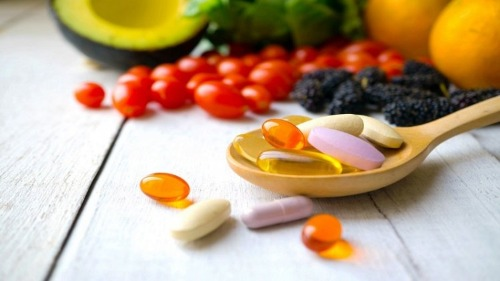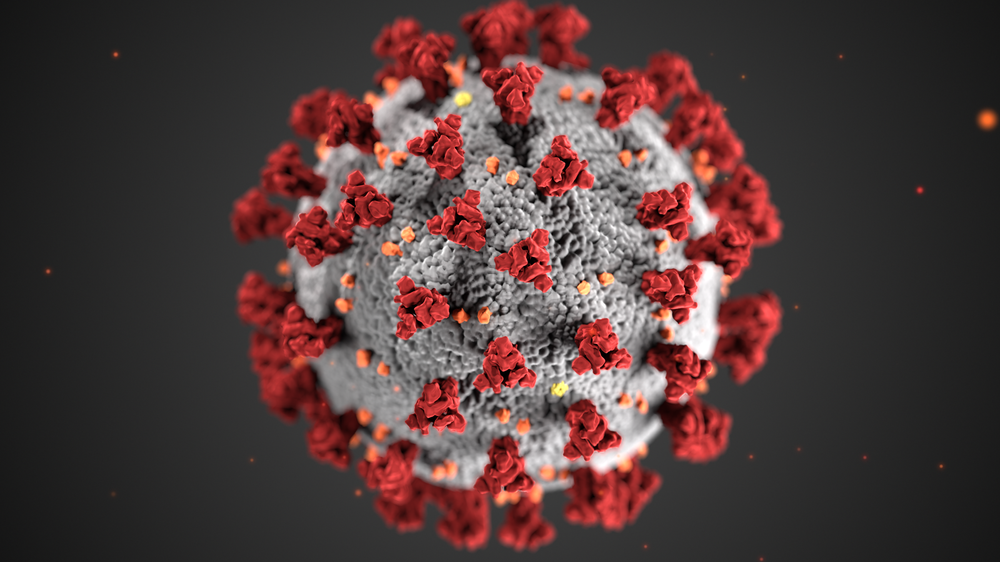With surges continuing across the US, school closures, and a vaccine still months away from being a reality for the general public, COVID is far from over. After nearly a year of relative social isolation, job uncertainties and financial worry, many of us are podding, going to offices, shopping and even seeing limited numbers of friends and family. We all need to weigh the risks and benefits of such activities both personally and in terms of public health. Regardless of your particular level of exposure and that of your family, being prepared with a few nutrition and lifestyle strategies for COVID 19 will serve you in the long run.
I wanted to offer some strategies for general immune support as well as treatments to have on hand in the case of exposure or infection. I’ll begin with general immune support. These strategies can be applied daily, especially during the winter!
Vitamin D
A recent study published in JAMA found that Vitamin D deficiency increases an individual’s risk of contracting COVID 19 by 77%. Indeed, evidence indicates that vitamin D can enhance both innate and adaptive immune responses. Food sources of vitamin D are scarce, to say the least. Further, in the northern hemisphere, vitamin D is synthesized at low levels due to limited sun exposure. What is the best way to ensure vitamin D adequacy? I take a food-first approach in my practice, attempting to reach nutrition and health goals through food. When supplements are warranted, I recommend food-based supplements. Thus, when it comes to vitamin D, I recommend eating fatty fish at least once per week (salmon, sardines, tuna, makerel) and consume eggs (with yolk). However, I recommend that in addition, individuals supplement with cod liver oil, especially during the winter months. Adults can take 1 tbsp per day, children can take 1 tsp. Dosage can be doubled during an infection (cold, flu, COVID).
As mentioned, we don’t just get Vitamin D from food, we synthesize it in response to direct exposure to sunlight. Many of us are working from home more, and have kids at home more as well. Since we have more control over our schedules, it is the perfect time to prioritize outdoor activity. The hours of 11 am – 1 pm are best for vitamin D levels. It may be getting cold, but all you need is 5-15 minutes. It’s a great way to re-invigorate midday, too!
Adequate Sleep
Poor or inadequate sleep increases inflammation, which plays a significant role the progression of COVID 19 symptoms. In addition, sleep deprivation disrupts our natural circadian rhythm, which is responsible for the production of immune factors, such as cytokines. These factors protect us against infection. Ways to improve sleep quality include:
1. Going to bed and rising at the same times daily.
2. Avoid caffeine in the afternoon
3. Avoid screens at least an hour before bed
4. Sleep in a cool room and consider a hot shower or bath before bed
5. Get stress and anxiety under control (meditation, mindfulness. deep breathing, yoga can help)
Xylitol Nasal Spray
I love that some of the research around preventing viral spread via nasal spray came from a nutrition researcher who pivoted to study infectious disease! (read all about it here) This researcher developed a saline-based spray. There are now other types of sprays being studied that use lipopeptides and other compounds, which have more targeted mechanisms for preventing transmission. Fortunately, there is a nasal spray that is inexpensive, widely available, completely natural and also effective at prevention. Xylitol is a naturally occurring sugar alcohol, often used in gum to improve dental health. Xlear’s spray also contains grapefruit seed extract, which is viricidal. The great thing about using this type of nasal spray is that it prevents an infected person from infecting others, while protecting a well person from being infected, while ALSO functioning as part of a treatment regime, by actually inhibiting the virus within the body. For something so simple, the impact is remarkable.

Anti-Inflammatory Foods
Your diet is important in keeping you free from inflammation. Fatty fish tops the list for anti-inflammatory foods, with ample levels of Omega 3 fatty acids. Vegetarians and vegans can opt for walnuts, flaxseeds and seaweeds or algae. Leafy greens, nuts and citrus fruits also have powerful anti-inflammatory properties. Winter is a great time to indulge in oranges, grapefruits, clementines and all their citrus relatives! Keep your kitchen stocked with these foods, minimize refined grains, and you’ll be in good shape.
For Sickness and Exposure
With these strategies in place, you should be in a good place to manage infection if it does occur. Below are my recommendations for treating infection or addressing a known or suspected exposure. Because these strategies are nutritional rather than medications, I recommend employing them in the case of exposure in addition to illness, since there are no side effects or adverse consequences.
Quercetin
Quercetin is somewhat new to the supplement scene. This flavonoid is found at lower levels naturally in berries, red wine, green tea, elderberry and apples. At therapeutic doses, such as in supplements, quercetin has been found to reduce inflammation and support immune health by supporting mast cell function.
Adults can take 400 mg/day. Kids can take 100 mg/day. Ortho Molecular makes supplements called D-hist and D-hist junior, which combine quercetin with vitamin C. The junior version is in the form of chewable tablets, which makes administration easier with kids.
Vitamin C
Vitamin C is the substance that essentially kicked off nutritional science and research as we know it today. As such, we’ve known for a long time about the antioxidant properties of vitamin C, and its role in immune health. None of that has changed. Today, vitamin C is being examined as a treatment for COVID 19, with promising results. The therapeutic dose, however, is higher than what you can get from orange juice, and standard doses of supplements. In addition, liposomal vitamin C has been shown to be more effective at treating COVID. This form of vitamin C can be expensive, so it’s important to understand appropriate dosing of standard vitamin C preparations. Kids will benefit from 1000 mg of vitamin C daily, whereas adults should aim for 3000 mg daily. Doses can be divided throughout the day.
Iodine
Some of the most powerful tonics seem so antiquated. Iodine has been used topically for generations to prevent and treat infections of the skin. Its powerful antibacterial properties have been harnessed over time to treat infections as well as exposures to radiation. I recommend consulting your doctor or healthcare practitioner before taking this supplement orally. However, everyone can benefit from using it as a mouthwash and throat gargle during illness or suspected or known exposure. To do so: mix ½ cup hot water with ½ tsp sea salt, ¼ tsp baking soda and 3 drops of iodine. Can be used 3-4 times daily as a mouth rinse and throat gargle.
I hope these strategies help to keep you and your family healthy! These strategies, of course, should not replace mask wearing and social distancing. Stay safe and support each other!
